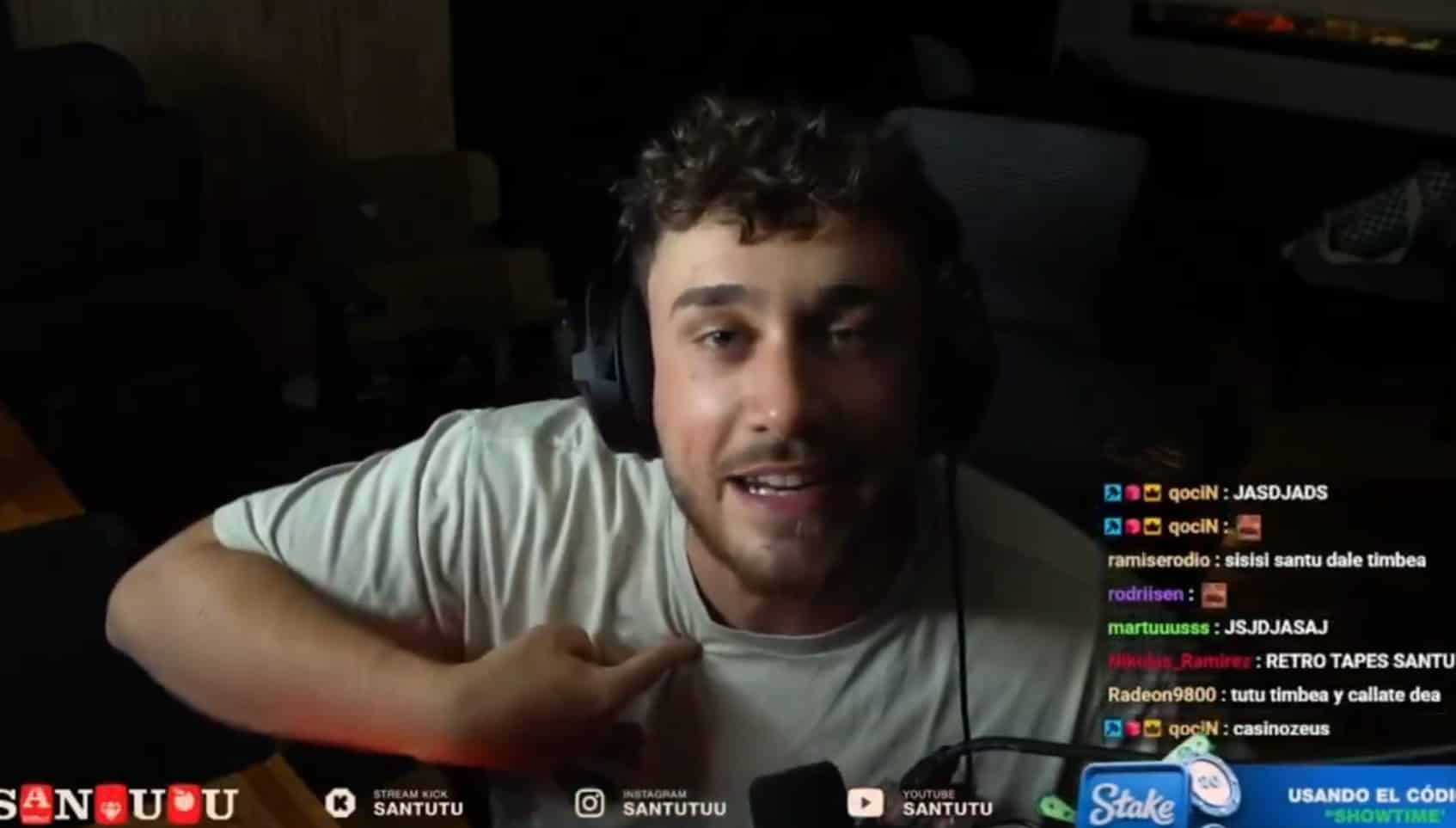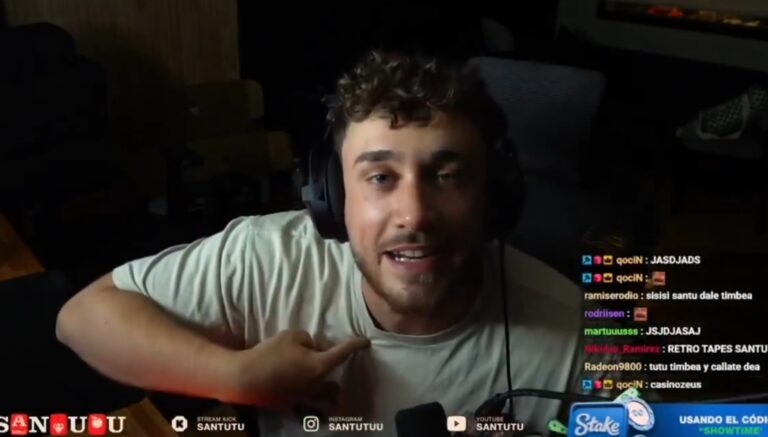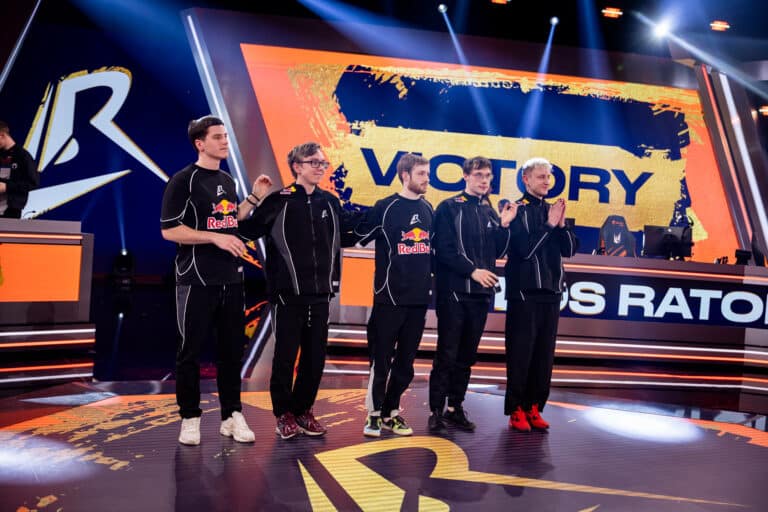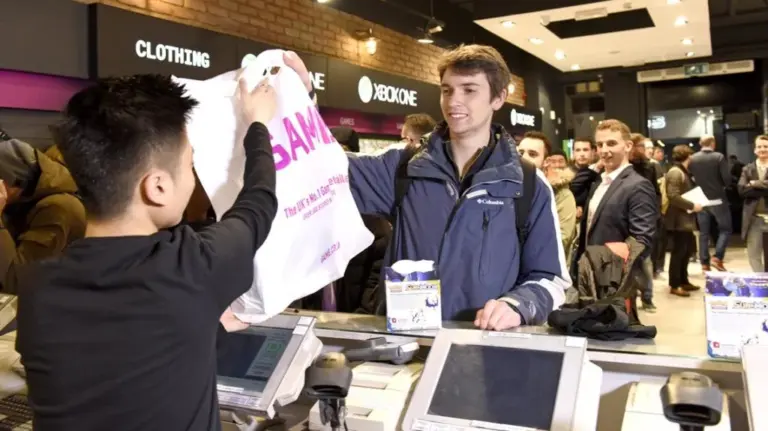Report highlights the danger of Saudi control of esports for women’s esports
Darragh Harbinson, Senior Editor
Last Updated: 31/10/2025
A report by The Esports Advocate (TEA) has alleged that Saudi Arabian officials pushed back on the International Olympic Committee’s desire to have women in leadership positions of the Olympic Esports Games.
The news brings further scrutiny to Saudi Arabia’s relationship with esports, where it has frequently been accused of sportswashing to cover up human rights abuses, including towards women.
The report follows the mutual decision of the International Olympic Committee and the Saudi Olympic and Paralympic Committee to cancel their 12-year Olympic Esports Games deal.
The deal would have seen Saudi Arabia host and operate the Olympic Esports Games in Riyadh, Saudi Arabia.
Report further explains Saudi and IOC fallout
A report by The Esports Advocate has brought to light rifts between the International Olympic Committee and Saudi officials, including government officials and members of the Saudi Olympic and Paralympic Committee (SOPC).
Amongst the areas of contention, the piece highlights that “the Saudi contingent pushed back on being forced to put women in leadership positions.”
Despite recent social changes that have seen the loosening of certain restrictions, Amnesty International states that women in Saudi Arabia still “face discrimination in law and practice, including in matters of marriage, divorce, child custody and inheritance.”
Human Rights Watch notes that “Saudi authorities have intensified a coordinated crackdown on dissidents, human rights activists, and independent clerics.” As such, multiple high-profile cases have resulted in extended jail terms for those taking part in advocacy for women’s rights.
The International Olympic Committee is led by Kirsty Coventry, who took the position in June. She succeeded Thomas Bach, who penned the now-cancelled deal in July 2024.
The Esports Adovcate’s article highlights several fractures between the IOC and Saudi representatives, including the SOPC’s unwillingness to work with existing esports federations, the International Esports Federation (IESF) and the Global Esports Federation (GEF).
TEA claims that Bach had agreed to allow Saudi Arabia to create its own esports federation, which would bypass the need for Saudi Arabia to work with outside federations and stakeholders.
Allegedly, Coventry reversed the IOC course as she “did not like the proposal because it would not provide a democratic process and would ultimately be under the control of the Saudi government in perpetuity.”
TEA also added that sources noted that Saudi officials allegedly pushed back on “adhering to rules on who (what nations) it could or could not allow to participate.”
Esports News UK have contacted the IOC for a statement on the above matters, but has yet to receive a reply.
Game Over: The International Olympic Committee (@iocmedia) and the Saudi Arabian government have mutually agreed to kill the 12-year contract for the Esports Olympic Games. We dive into why this happened, with the help of multiple sources.
— The Esports Advocate (@TEAdvocated) October 30, 2025
✍🏼 @jfudge https://t.co/yh5W2AMaZK pic.twitter.com/skUbVWcwVW
Saudi news is just another example of sexism in esports space
The news comes in the wake of several high-profile stories, which have highlighted the prevalence of sexism in esports.
The League of Legends World Championship 2025 saw its official Worlds music video delayed following the remarks of Gabriël ‘Bwipo’ Rau, who asserted that women should not play competitive video games on their periods.
The Belgian Top Laner stated, “When a woman is on the wrong time of the month to play competitively… there’s a time of the month where you should not be f***ing playing competitive games as a woman, this is my opinion.”
After the controversy surrounding the comments, Bwipo was edited out of the music video for Sacrifice by G.E.M., the Worlds 2025 anthem.
women emotional when period so cant play competitive games is such dangerous rhetoric in the bigger context god damn
— Eefje Depoortere (@sjokz) September 9, 2025
find it hard to type all i want so posted a tiktok about the matter
Recently, Eefje “Sjokz” Depoortere spoke out about her own experience of sexism in the esports industry.
In an interview with Sheep Esports regarding Game Changers, Sjokz stated, “Even now, I still encounter challenges as a woman. I’ve had to shake off comments like, ‘you’re only there because you’re a woman,’ but some people still believe that. Sometimes the community still reflects those behaviours, especially on platforms we hold dear.”
Sjokz is wildly regarded as one of the greatest presenters and interviewers in the history of esports, winning the Esports On-Air Talent of the Decade Award at the Decade Awards, a special version of the esports awards celebrating its 10th anniversary.
Can women in esports afford to have Saudi control?
Despite being one of the most established faces of the esports industry, hosting countless events including League of Legends Worlds, the LEC, and IEM events in Counter-Strike, Sjokz remains a victim of sexist toxicity.
That fact reinforces the need for women to be deeply integrated into esports, in order to encourage inclusive spaces where we can all enjoy the thing we love – Esports.
Yet the future of women in esports rests upon an industry which is more and more being controlled by the Kingdom of Saudi Arabia, which allegedly did not want them in leadership positions for the Olympic Esports Games.
Through Saudi Arabia’s sovereign wealth Public Investment Fund (PIF), Saudi Arabia has made several acquisitions and funded several new projects in esports and gaming in order to support Vision 2030.
Vision 2030 seeks to break Saudi Arabia’s traditional reliance on oil by diversifying its economy.
In the context of esports, projects include the purchase of ESL and FACEIT, now merged as ESL FACEIT Group.
Vision 2030 has also seen the establishment of the Esports World Cup Foundation, which controls the Esports World Cup and the Esports Nations Cup.
Despite recent layoffs at ESL, the pace at which the PIF are investing in esports appears to show no signs of stopping.
The upcoming Esports Nations Cup, combined with continued acquisitions such as EA, which they recently acquired for £41bn, and the unwillingness to work with other federations, shows that Saudi Arabia is keen to increase its control over the space.
In the Esports Nations Cup, Saudi Arabia may get exactly what it wants – a national competition that they have absolute control over, where no one will force it to meaningfully include women.
But can esports afford to continue down a path which discriminates against women?
Darragh Harbinson, Senior Editor
Darragh Harbinson is an esports writer specialising in Counter-Strike. He has written for Esports News UK, Esports Insider, UKCSGO, Dexerto, and Rush B Media.
Stay Updated with the Latest News
Get the most important stories delivered straight to your Google News feed — timely and reliable





From breaking news and in-depth match analysis to exclusive interviews and behind-the-scenes content, we bring you the stories that shape the esports scene.
Monthly Visitors
User Satisfaction
Years experience
Latest Industry











